
Allied Health courses in Brisbane
Course providers in Brisbane
The following providers offer Allied Health courses in Brisbane.



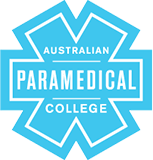










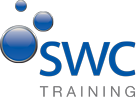

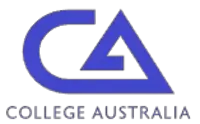








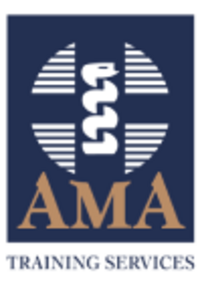















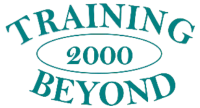










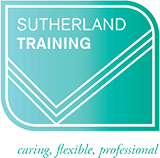


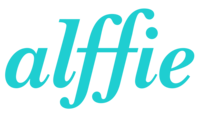


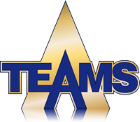



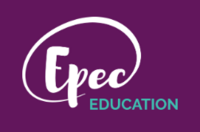
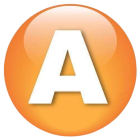






Career Pathfinder
Skills shortages + AI Exposure
Discover in-demand careers and understand how each role may be impacted by AI and automation.
- See in-demand occupations across Australia
- Check AI Exposure ratings
- Compare training duration and average income
Common questions
Occupational therapists help patients perform tasks in daily life, while physiotherapists help patients improve their movement, strength and function. The term occupation refers to everyday life tasks, while physiotherapy refers to physical therapy. Both are science-based allied health roles that aim to improve quality of life through prevention, maintenance and treatment.
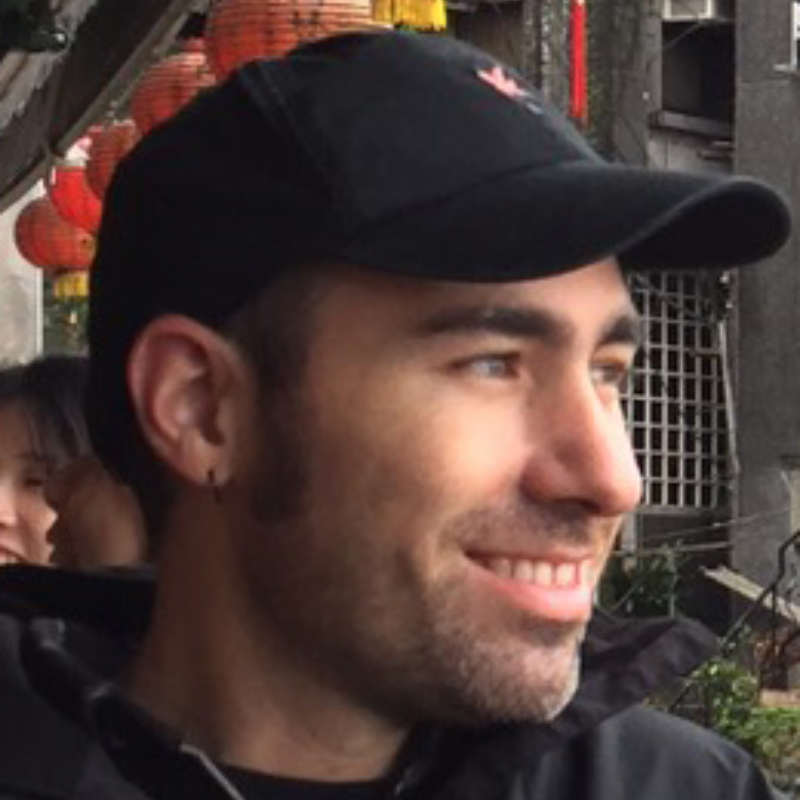 Stephen Charlton
Stephen Charlton
You can become qualified to work as an occupational therapist by completing one of the following degrees, depending on your educational pathway:
- Master of Occupational Therapy (postgraduate degree)
Average duration: 24 months - Bachelor of Occupational Therapy (Honours)
Average duration: 4 years - Bachelor of Occupational Therapy
Average duration: 4 years
 Stephen Charlton
Stephen Charlton
You can become qualified to work as a physiotherapist by completing one of the following degrees, depending on your educational pathway:
- Doctor of Physiotherapy (postgraduate degree)
Average duration: 3 years - Master of Physiotherapy (postgraduate degree)
Average duration: 24 months - Bachelor of Physiotherapy (Honours)
Average duration: 4 years - Bachelor of Physiotherapy
Average duration: 4 years
 Stephen Charlton
Stephen Charlton
Yes, you need to complete an accredited degree to work legally as an occupational therapist or physiotherapist in Australia. The two core pathways are completing a bachelor’s degree or a postgraduate degree. The Occupational Therapy Council of Australia and Australian Physiotherapy Council are responsible for accrediting such courses.
 Stephen Charlton
Stephen Charlton
Yes, overseas-qualified practitioners can work in Australia by registering with the Occupational Therapy Board of Australia or Physiotherapy Board of Australia. Practitioners who are currently registered with the Occupational Therapy Board of New Zealand or Physiotherapy Board of New Zealand can apply directly for Australian registration. Other overseas-qualified practitioners have to fulfil the requirements listed on the relevant webpages of the Occupational Therapy Board of Australia and Physiotherapy Board of Australia.
 Stephen Charlton
Stephen Charlton
If you have already completed an approved degree in a different discipline, you can gain an accredited postgraduate degree to become qualified to work as an occupational therapist or physiotherapist. Examples of such degrees are a Master of Occupational Therapy, Master of Physiotherapy and Doctor of Physiotherapy. Postgraduate degrees in these fields may have additional entry requirements, including but not limited to health-related prerequisite subjects.
 Stephen Charlton
Stephen Charlton
In some cases, completing vocational education and training (VET) in a related discipline can allow you to meet the entry requirements for a bachelor’s degree in these fields. Entry requirements vary between educational providers. Some providers offer a VET entry pathway with a minimum of a Certificate IV, but others require a minimum of a diploma or advanced diploma. Some providers do not offer a VET pathway for these courses at all. Therefore, it’s wise to confirm the entry requirements for your desired bachelor’s degree before starting a VET course.
 Stephen Charlton
Stephen Charlton
In addition to completing an accredited degree, occupational therapists and physiotherapists will need to register with the Occupational Therapy Board of Australia or Physiotherapy Board of Australia to work in Australia. The Australian Health Practitioner Regulation Agency (AHPRA) administers practitioner registration on behalf of these boards. There are different requirements to gain registration for Australian-qualified practitioners, New Zealand-registered practitioners, and other overseas-qualified practitioners.
 Stephen Charlton
Stephen Charlton
Career paths for these professions include independent contracting, starting a practice, working in community care, paediatrics, mental health, rehabilitation, disability, medical or aged care sectors).
 Stephen Charlton
Stephen Charlton
Jobs and Skills Australia reports that the median full-time weekly earnings for occupational therapists and physiotherapists in 2024 are $1,526 and $1,710, respectively. These figures can be contrasted with Australian workers of all occupations, who earn a median full-time weekly income of $1,697.
 Stephen Charlton
Stephen Charlton
There is a significant demand for occupational therapists across Australia. Jobs and Skills Australia’s Occupation Shortage List indicates that the labour market had a shortage of occupational therapists across all states and territories from 2022 to 2024.
 Stephen Charlton
Stephen Charlton
There is substantial demand for physiotherapists in Australia. Jobs and Skills Australia’s Occupation Shortage List indicates that the labour market experienced a shortage of occupational therapists and physiotherapists in most states and territories from 2022 to 2024.
 Stephen Charlton
Stephen Charlton
Working as an occupational therapist or physiotherapist comes with the satisfaction of directly helping to improve patients’ quality of life. Furthermore, the job market is promising, as Jobs and Skills Australia reports there is significant labour market demand for both professions. The future outlook is also positive, as Jobs and Skills Australia reports that the annual employment growth in 2024 for occupational therapists and physiotherapists is 2,200 and 4,100, respectively.
 Stephen Charlton
Stephen Charlton
Further reading


What can you do with a Certificate IV in Allied Health Assistance (Physiotherapy)?
3rd March 2022
What can you do with a Certificate III in Allied Health Assistance?
8th January 2020All courses
- HLT33021 Certificate III in Allied Health Assistance
- HLT47321 Certificate IV in Health Administration
- CHC43315 Certificate IV in Mental Health
- CHC53315 Diploma of Mental Health
- HLT52021 Diploma of Remedial Massage
- HLT41120 Certificate IV in Health Care
- HLT54121 Diploma of Nursing
- Master of Social Work (Qualifying)
- CHCSS00130 Individual Support - Disability
- Bachelor of Biomedical Science (Human Physiology)
- HLT32512 Certificate III in Health Services Assistance
- HLT43015 Certificate IV in Allied Health Assistance (Occupational Therapy)
- Master of Sports and Exercise Physiotherapy
- HLTADM010 Facilitate a Coordinated Approach to Client Care
- Bachelor of Sport Science
- Master of Sport and Exercise Science
- HLT32912 Certificate III in Health Administration
- 11028NAT Course in Dietary Requirement Awareness and Safety
- Bachelor of Science (Genetics and Genomics)
- HLTHPS010 Interpret and Use Information About Nutrition and Diet
- Bachelor of Physiotherapy (Honours)
- Bachelor of Health Science
- Bachelor of Sport and Exercise Science
- HLT20113 Certificate II in Aboriginal and/or Torres Strait Islander Primary Health Care
- 10735NAT Course in Disability First Aid
- Bachelor of Occupational Therapy
- HLT31220 Certificate III in Basic Health Care
- BSB30120 Certificate III in Business (Medical Administration)
More about Allied Health courses
If you're looking to embark on a rewarding journey in the healthcare sector, our comprehensive selection of Allied Health Courses in Brisbane will surely inspire you. With 43 courses available tailored for both beginners and experienced learners, this dynamic field offers a variety of pathways to suit your career aspirations. For those just starting, beginner courses such as the Certificate III in Allied Health Assistance and the Certificate III in Individual Support (Disability) provide foundational skills that prepare you for entry-level roles in the healthcare system.
For seasoned professionals seeking to expand their expertise, we also offer an extensive range of advanced courses. Courses like the Diploma of Remedial Massage and the Master of Occupational Therapy will equip you with specialised knowledge, enabling you to excel as a practitioner in your chosen field. Additionally, advanced courses such as the Bachelor of Physiotherapy or the Bachelor of Social Work can lead to greater career opportunities in Brisbane’s thriving healthcare landscape.
Brisbane boasts numerous reputable training providers who deliver these courses in person, creating a vibrant educational atmosphere. Institutions such as TAFE Queensland, offering qualifications like the Diploma of Anaesthetic Technology and Practice, and Mater Education are excellent choices for students looking to learn face-to-face. Other prominent providers include UQ Skills, UQ, and Griffith University, ensuring that you receive top-quality education right in the heart of Brisbane.
Within the Allied Health field, you’ll find various specific study areas, all linked to essential job roles in healthcare. If you’re interested in roles related to Audiology or Nursing, you’ll find tailored courses designed specifically for these vibrant areas. You can also explore specialisations in Psychology or Podiatry, which are vital for supporting diverse patient needs across the Brisbane community.
At Courses.com.au, we’re here to support your journey towards a fulfilling career in Allied Health. With courses available to fit a range of experience levels, along with accessible local training providers, you’re well-equipped for success. We encourage you to explore the many options available to you. Discover the possibilities waiting in Brisbane by checking out more about our courses such as the Chronic Disease Self-Management, and take the first step towards your new career today!
